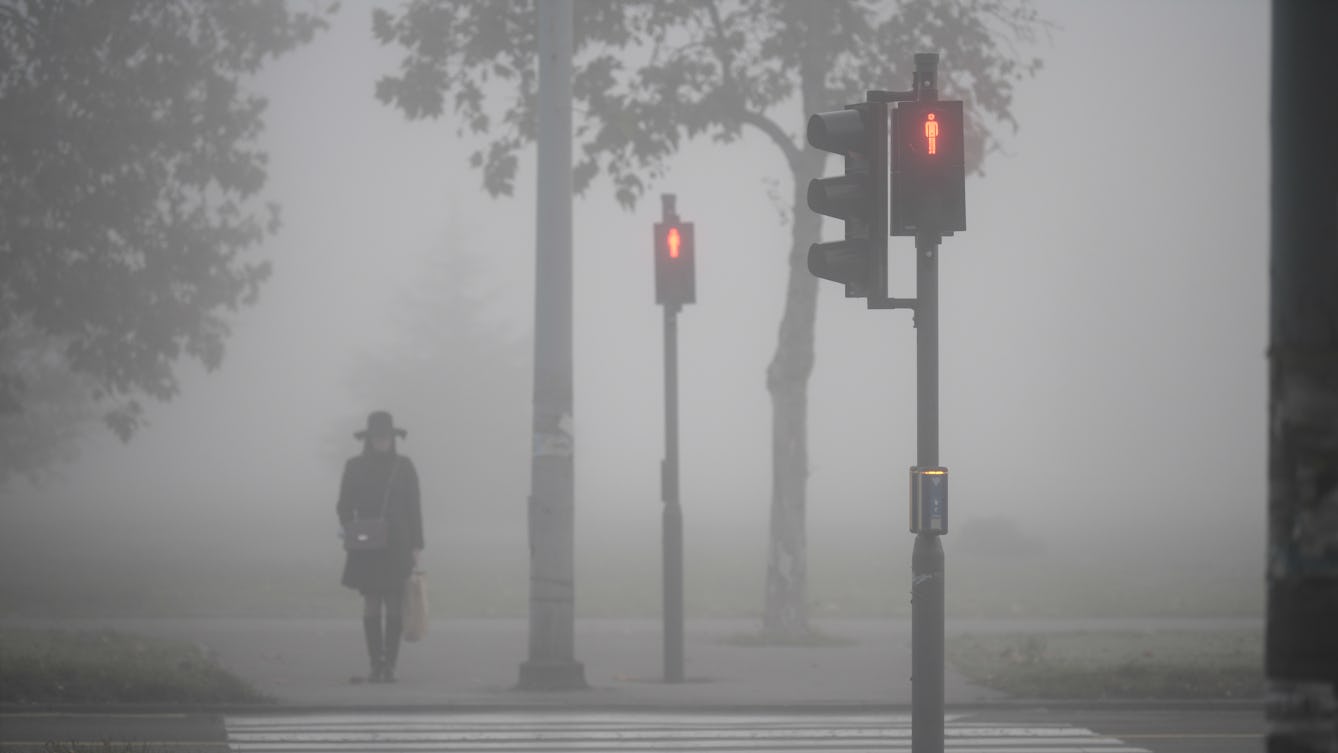
- Article
- Article
A bad atmosphere in the Balkans
The citizens of Belgrade, one of the most polluted cities in Europe, are finally pushing back against the polluters, whose activities they’ve been encouraged to accept.

- Prose poem
- Prose poem
Intrinsic Evanescence
Will Alexander on the poetry of the rarefied atmosphere of a friendship.
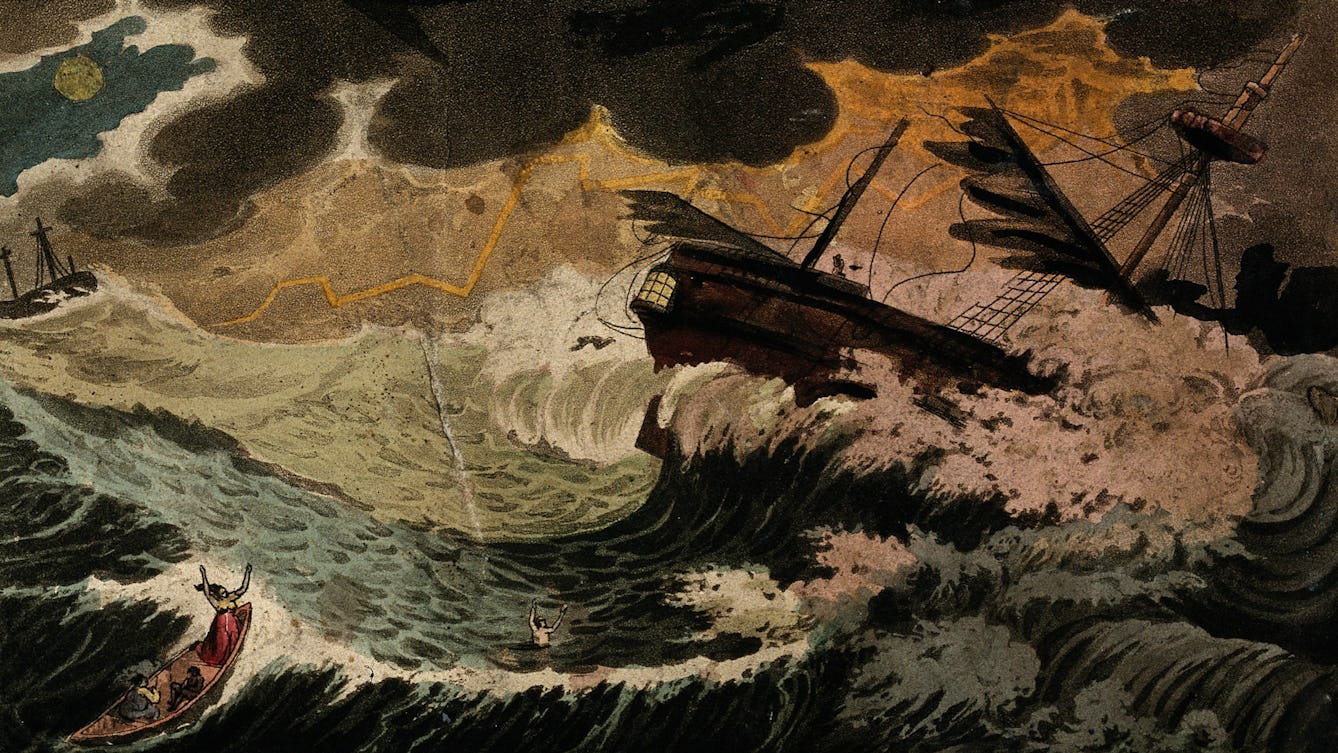
- Article
- Article
Thunderbolts and lightning
Fire in the sky has always exerted a hold on our imagination, even as early scientists unlocked the secrets of atmospheric electricity.

- Long read
- Long read
The ambivalence of air
Daisy Lafarge investigates the effects of air quality and pressure on body and mind, exploring air as cure, but one with contradictions.

- Article
- Article
What is air, and how do we know?
Watching bubbles in fermenting beer led 18th-century scientist Joseph Priestley to invent sparkling water – and to discover that different gases make up the air we breathe.

- Article
- Article
Why we need to decolonise the skies
Astronomer Dr Tana Joseph explores how rethinking way we look at the stars could improve our relationship with our own planet and make it a healthier place to live.
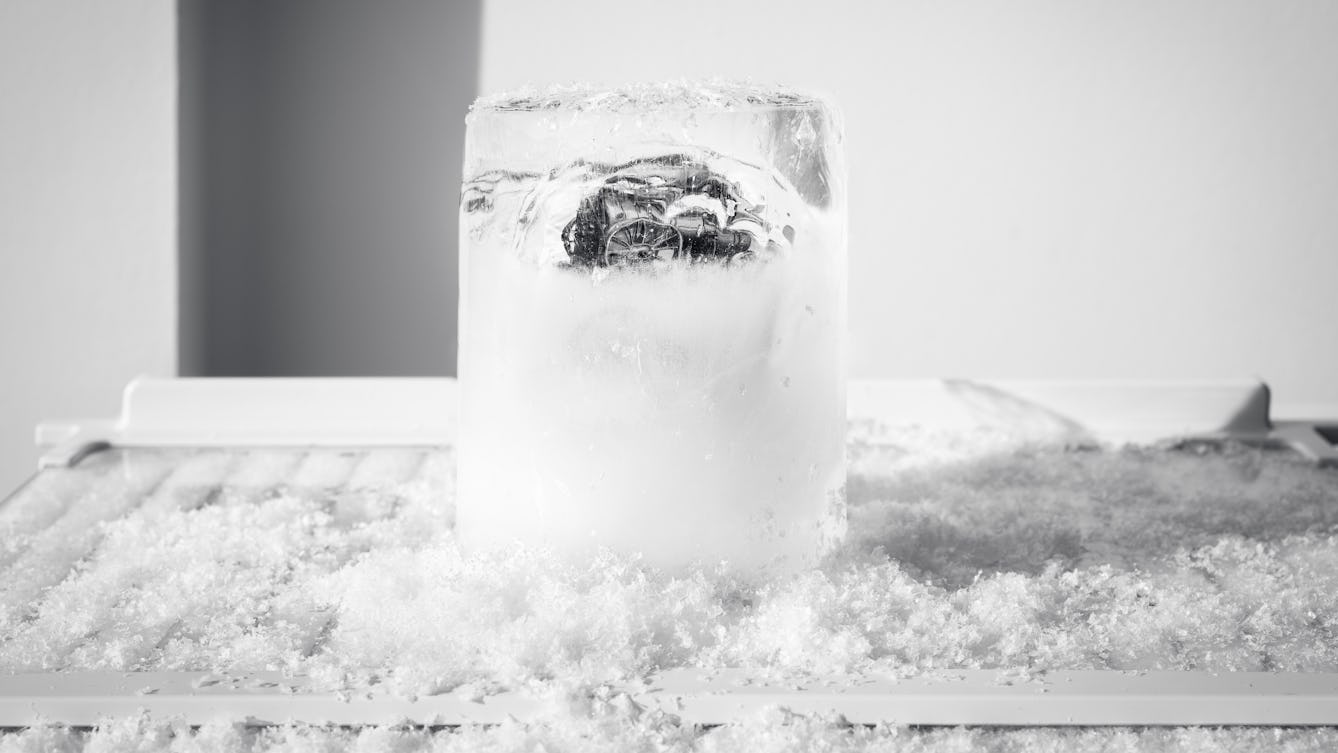
- Article
- Article
Bubbles of history
Since the 1960s, scientists have been able to study the air from past centuries by analysing particles in Arctic ice samples. But as the polar ice melts, the future of this research is changing.
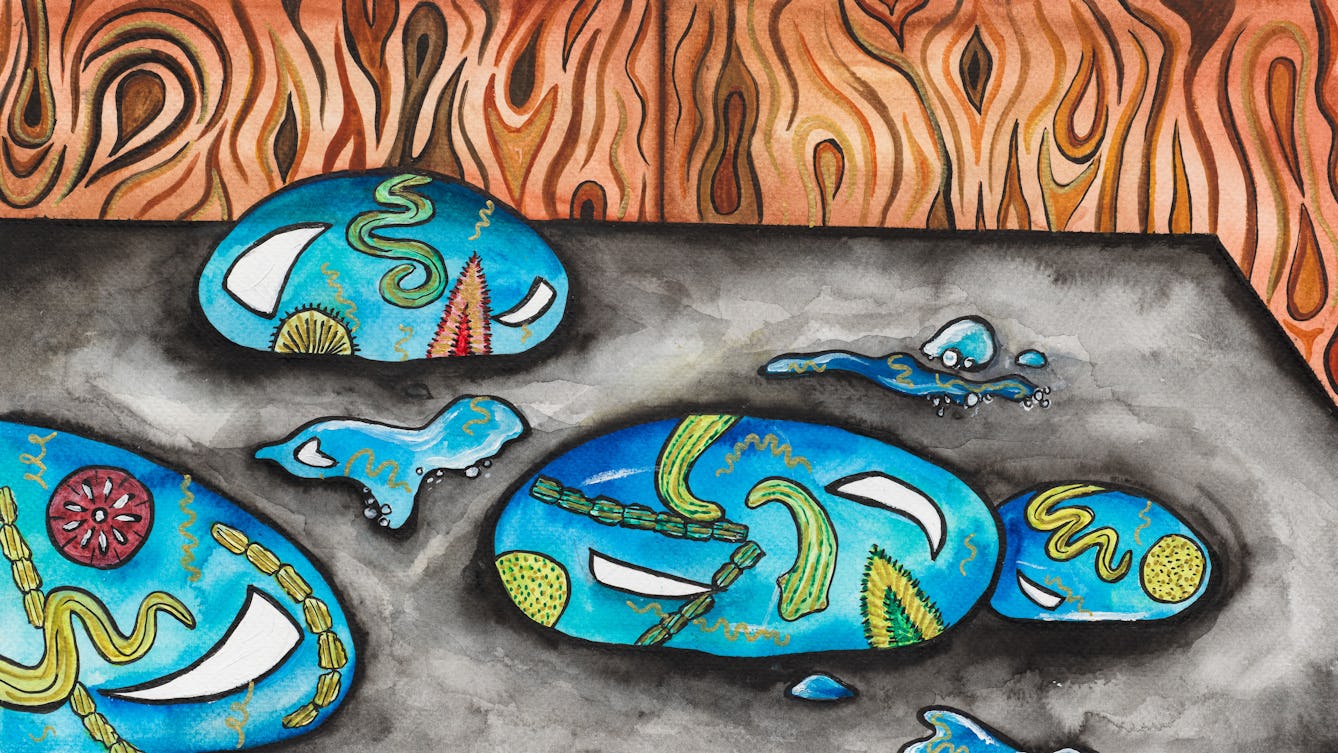
- Article
- Article
Drops of water
In the compulsory isolation of lockdown, Daisy Lafarge’s repeated visits – via a new microscope – to the miniature worlds contained by drops of pond water provided her with the company and escapism she craved.
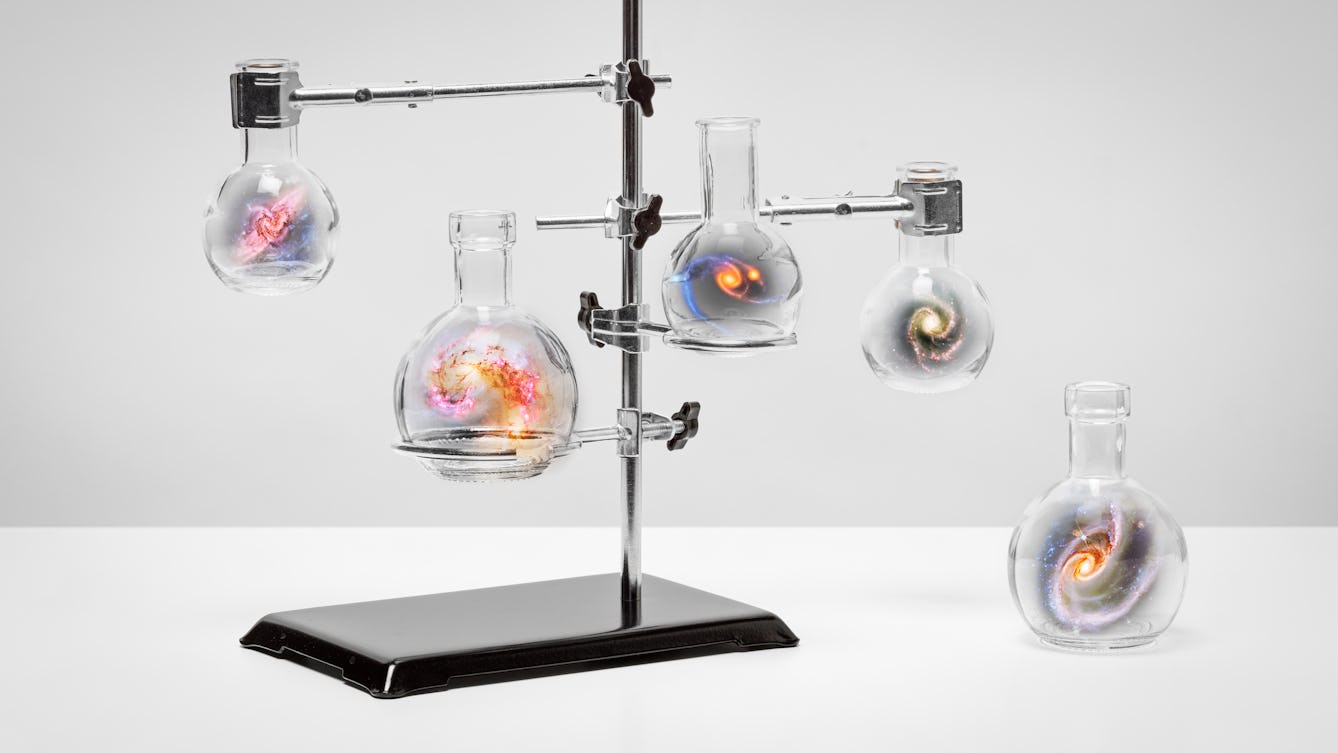
- Article
- Article
Illness and the influence of the stars
Could alien germs from space have caused major pandemics across the world? Taras Young investigates the ideas of a few unconventional scientists who believe this to be the case.
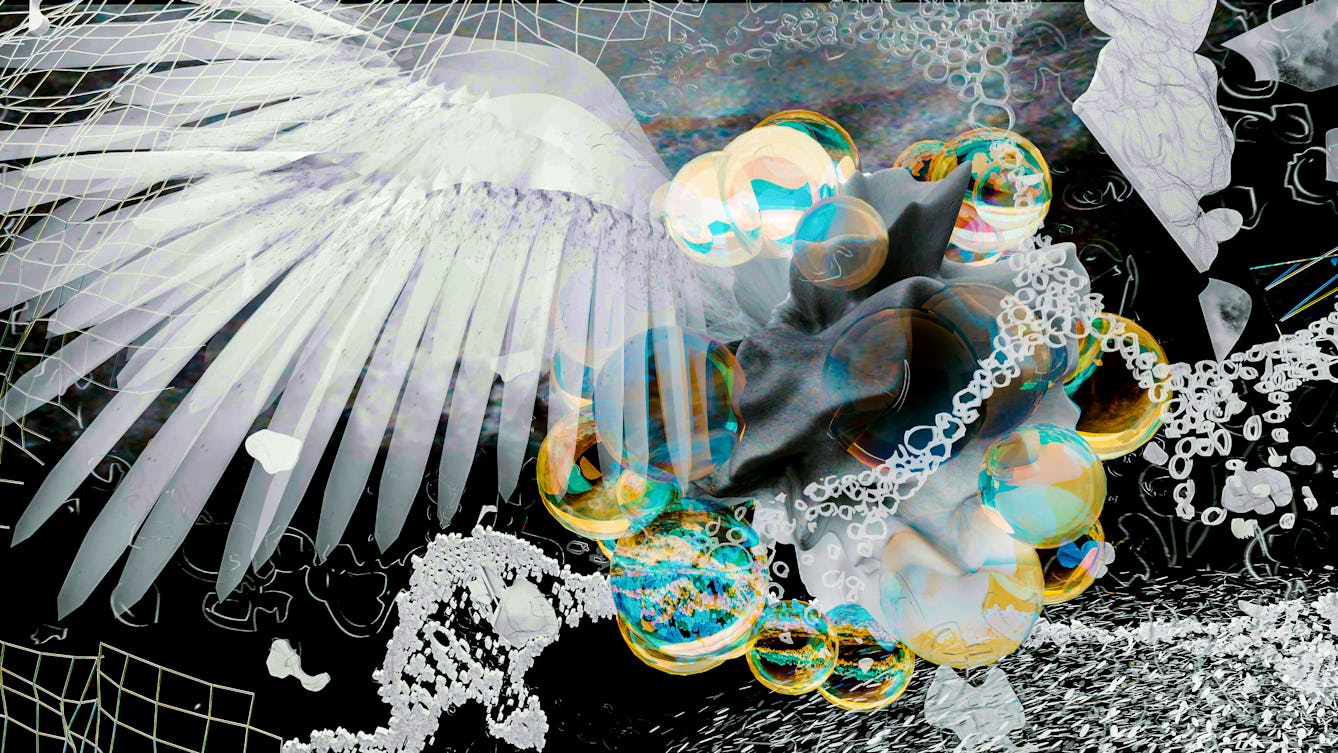
- Article
- Article
Air of threat
Novelist Chloe Aridjis vividly describes the suffocating atmosphere of Mexico City, as a combination of topography, crowded neighbourhoods, and reckless political diktats create a downward spiral.
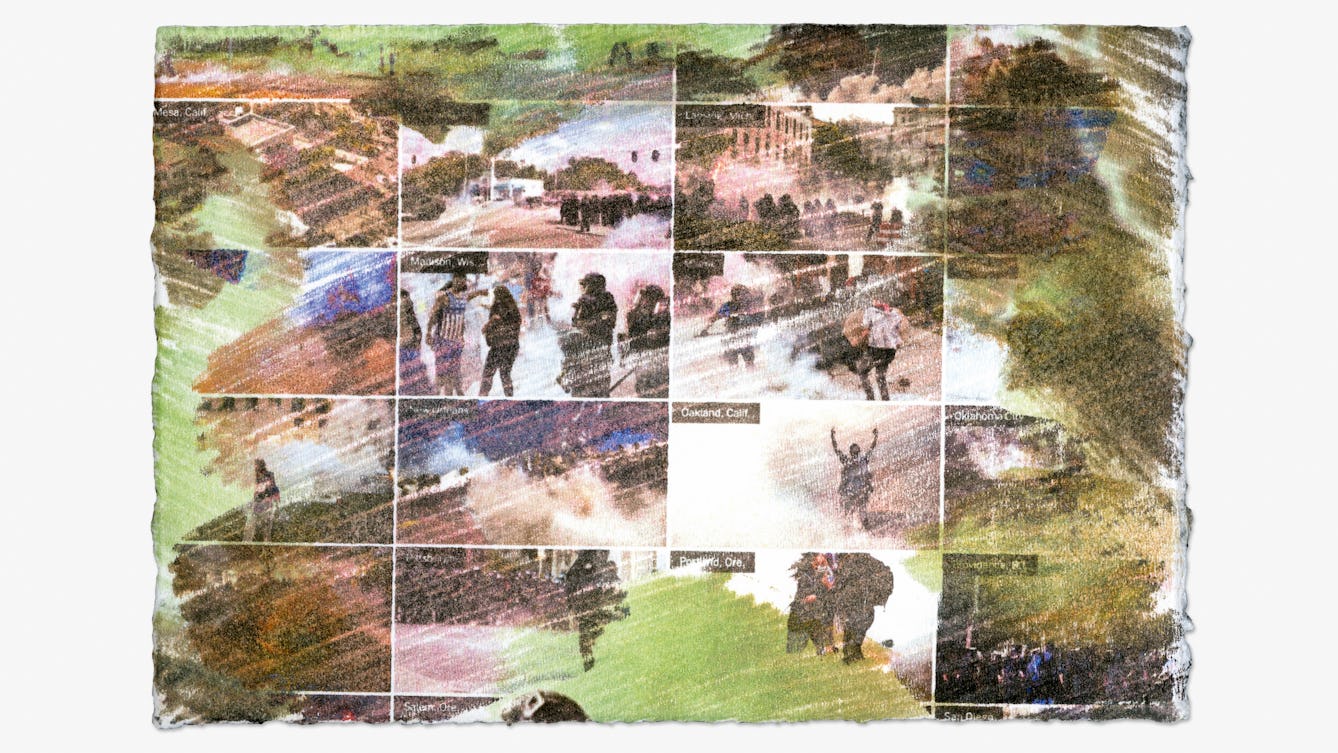
- Article
- Article
Tracing the toxic story of tear gas
Investigating tear gas – from factory to Black Lives Matter protest – Imani Jacqueline Brown uncovers a toxic legacy where pollution, violence and racism are intimately entwined.

- Article
- Article
Charged bodies
Electrified humans brought education and performance together with a spark in the 18th century.

- Article
- Article
The current that kills
In the 19th century, electricity held life in the balance, with the power to execute – or reanimate.
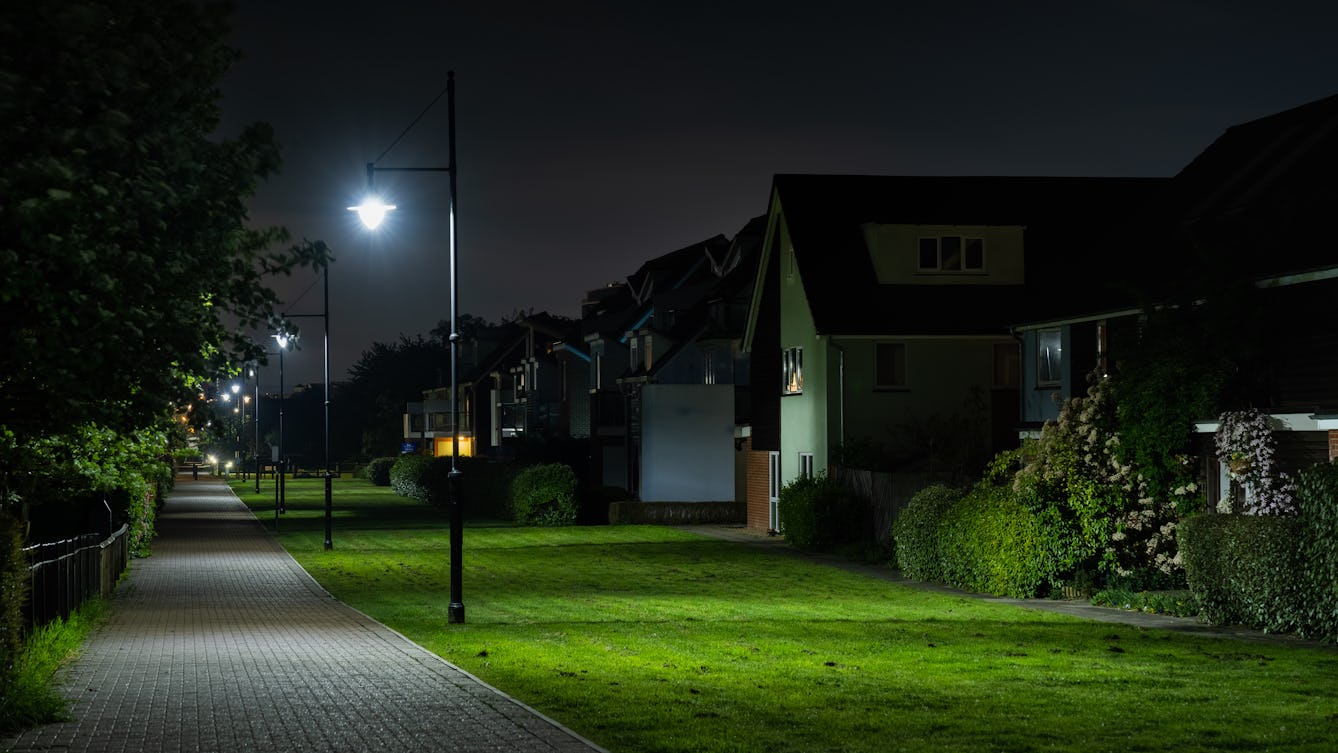
- Long read
- Long read
Our complicated love affair with light
Sunlight is essential, but our relationship with artificial light is less clear cut. It expands what’s possible; it also obscures and polices. In this long read, Lauren Collee pits light against night, and reveals the shady places in between.
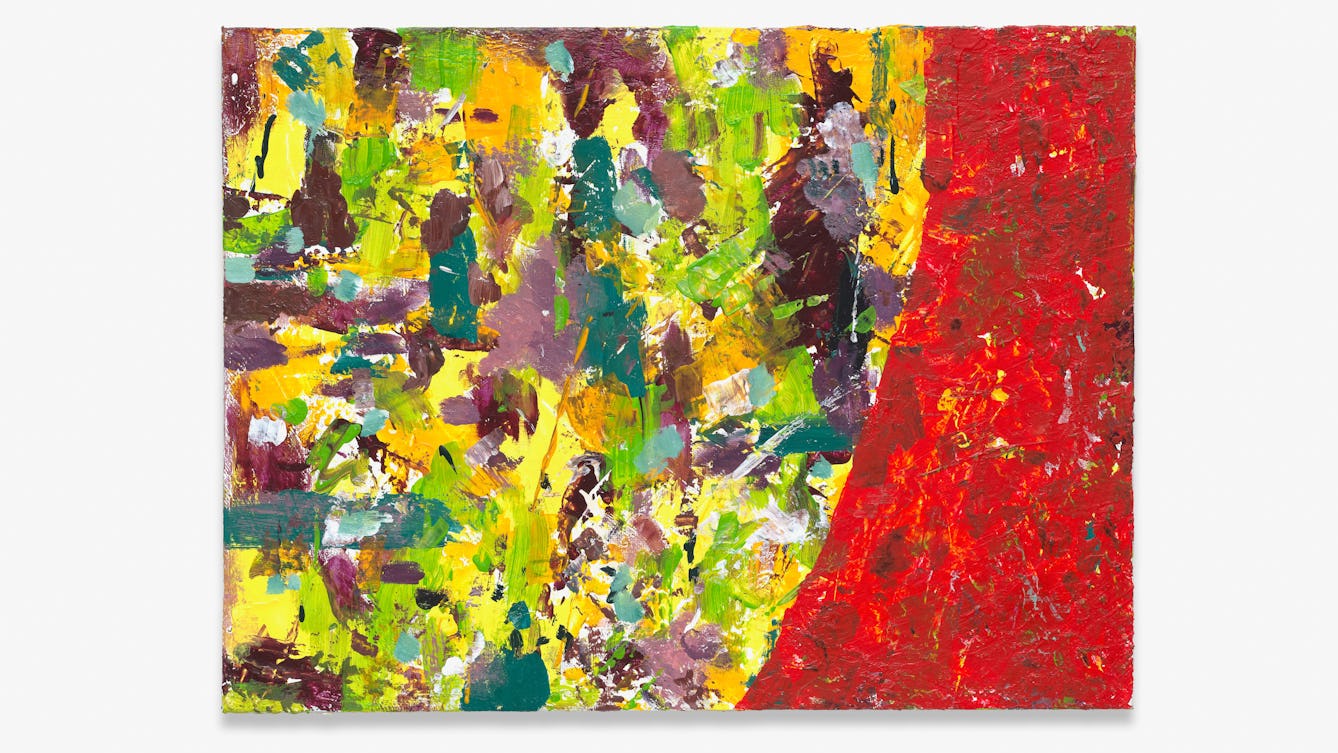
- Article
- Article
The boundaries that shape my writing
While writing about her life can be enormously helpful, Caroline Butterwick needs to regularly reassess her boundaries. Here she explores the line between what’s public and what’s private, and how porous that can be.
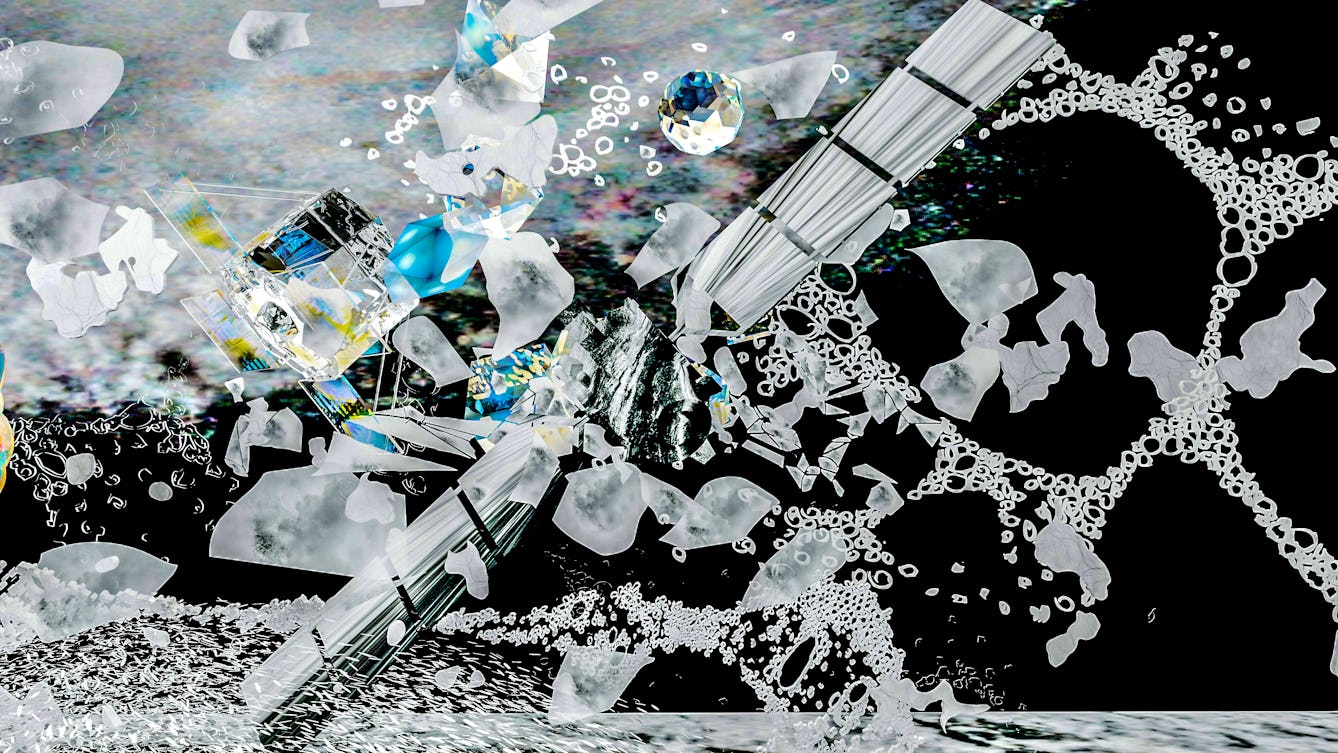
- Article
- Article
Domestic titans
Feeling trapped by the idea that an impenetrable carapace of space trash could surround the planet, Elvia Wilk turned to thoughts of the new worlds still to be revealed here on Earth.
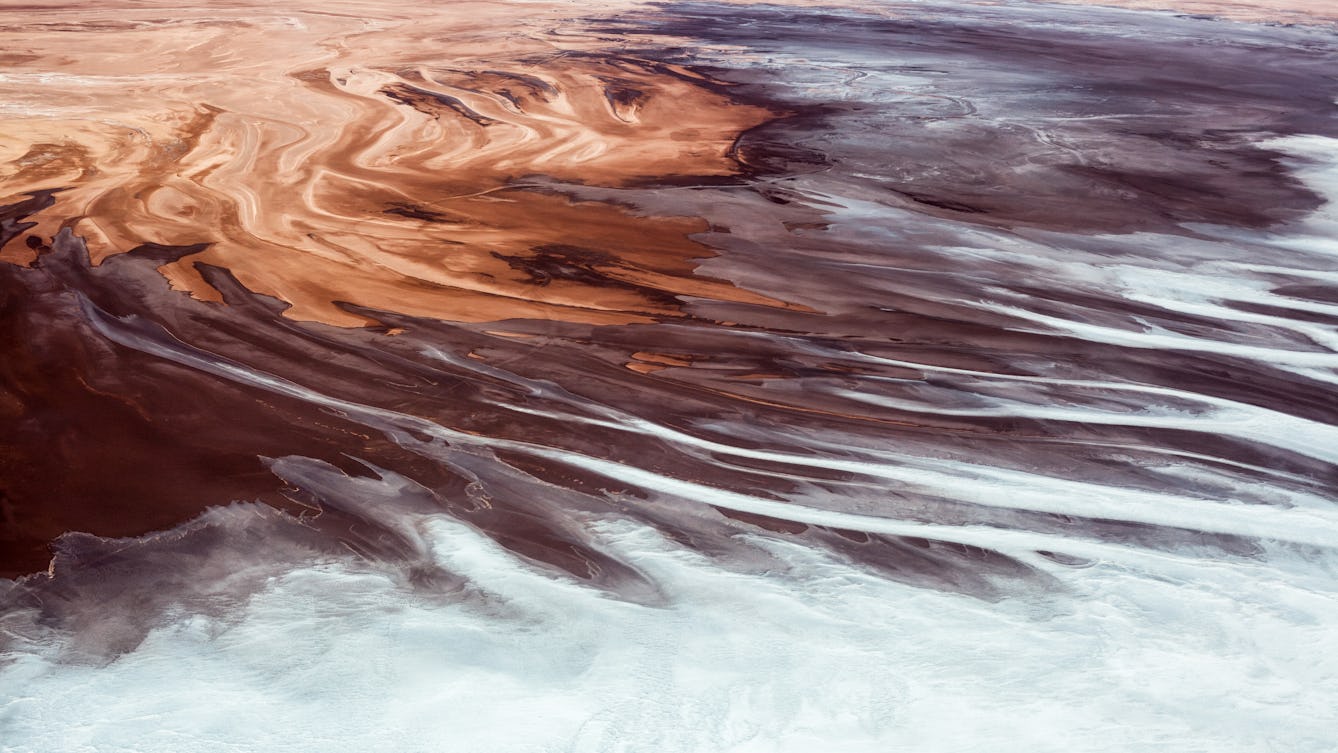
- Article
- Article
To stop or stay on lithium
In the final part of her investigation into lithium, Laura Grace Simpkins faces a dilemma – should she put her own mental health or other people and the planet first?
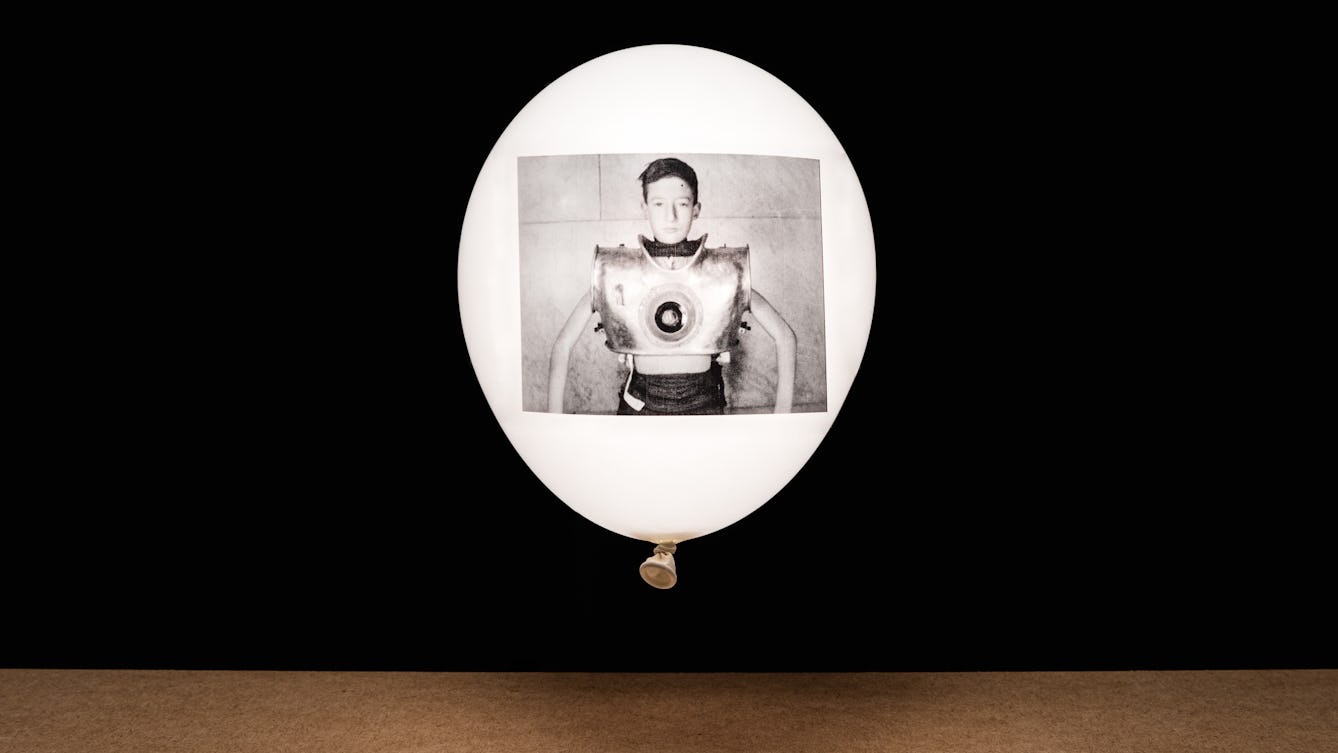
- Article
- Article
A brief history of ventilation
As ventilators continue to play an important part in helping very ill coronavirus patients, medical historian Dr Lindsey Fitzharris traces their development from the first attempts at mouth-to-mouth resuscitation through centuries of medical crises.

- Article
- Article
When you can’t return home
Migrants and refugees cannot choose to return home, so homesickness becomes a profound and long-lasting feeling. This powerful force infuses migrant cultures, and is rarely given the serious attention it warrants.
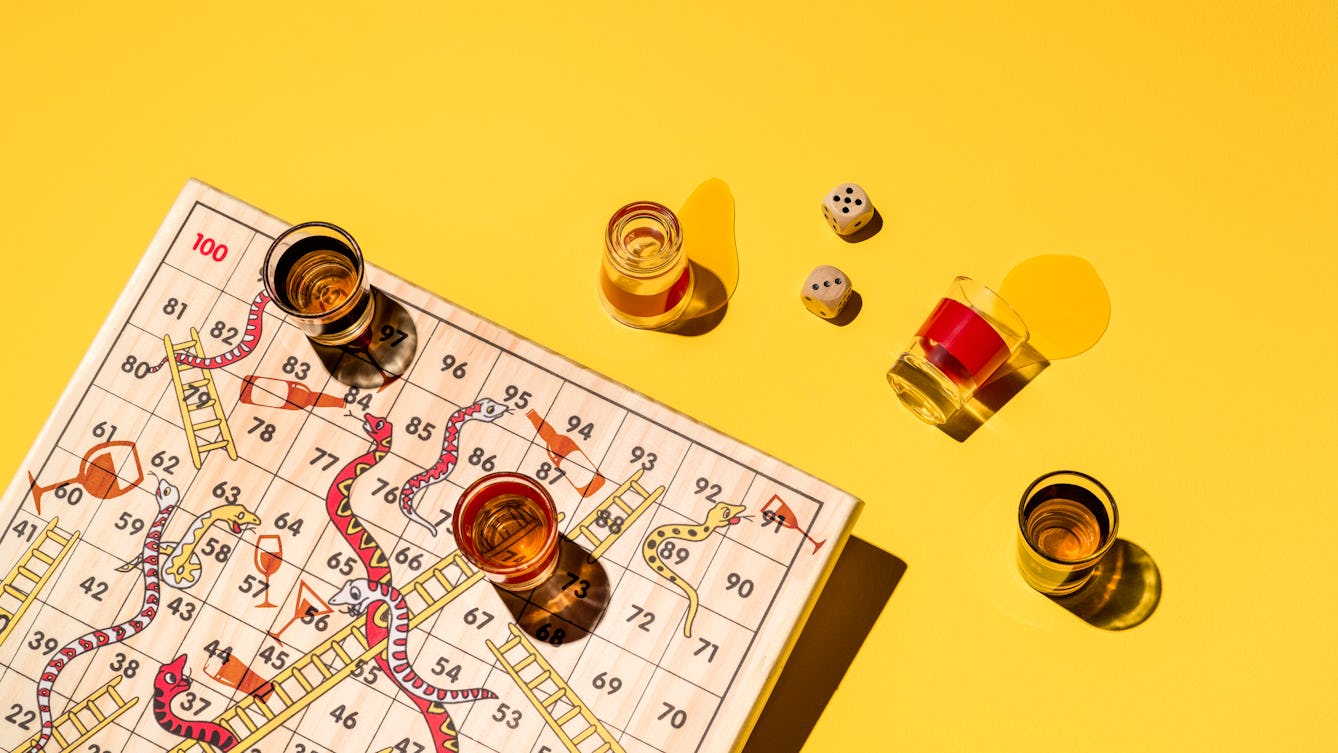
- Article
- Article
How to play with drunk people
Lower your inhibitions and join Holly Gramazio for fast-paced games made even more fun by alcohol.
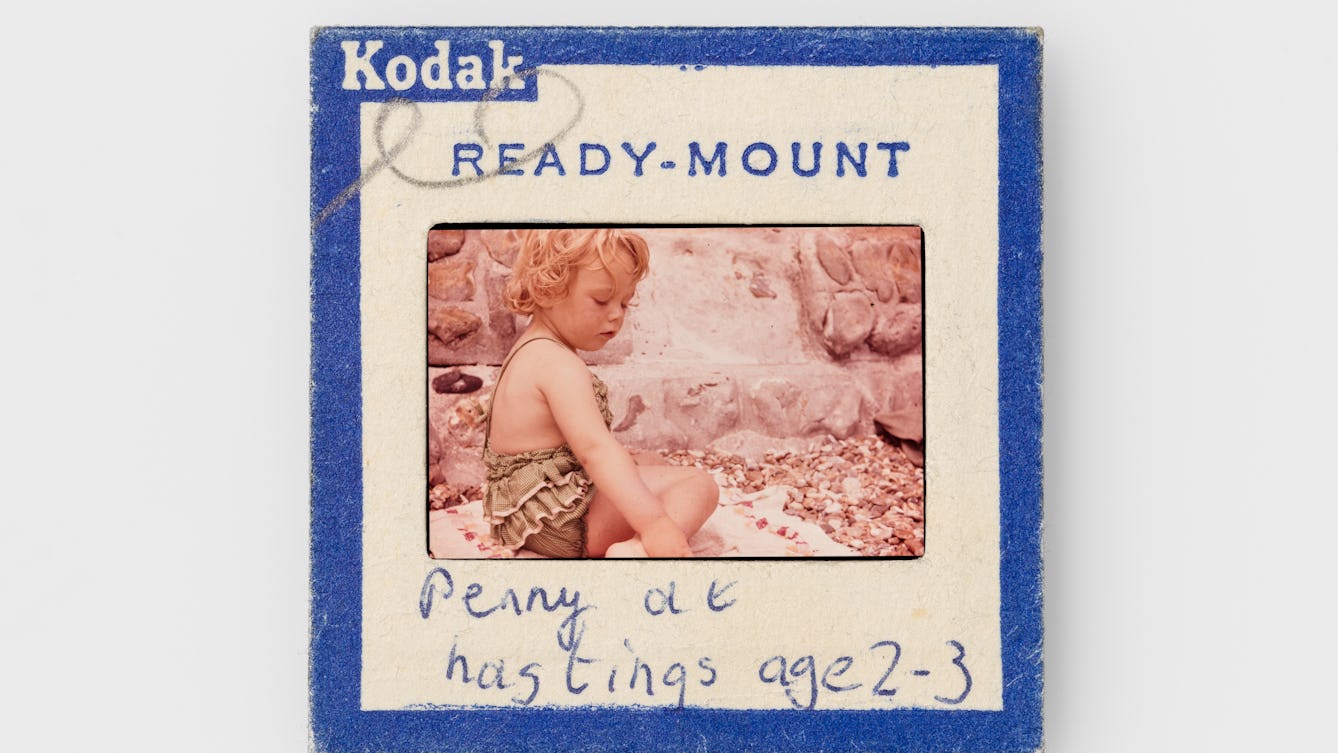
- Article
- Article
Little feet on Pett Level Beach
Poet and author Penny Pepper has vivid memories of childhood beach trips when her father was still alive, enthusiastically encouraging her curiosity and love of nature.
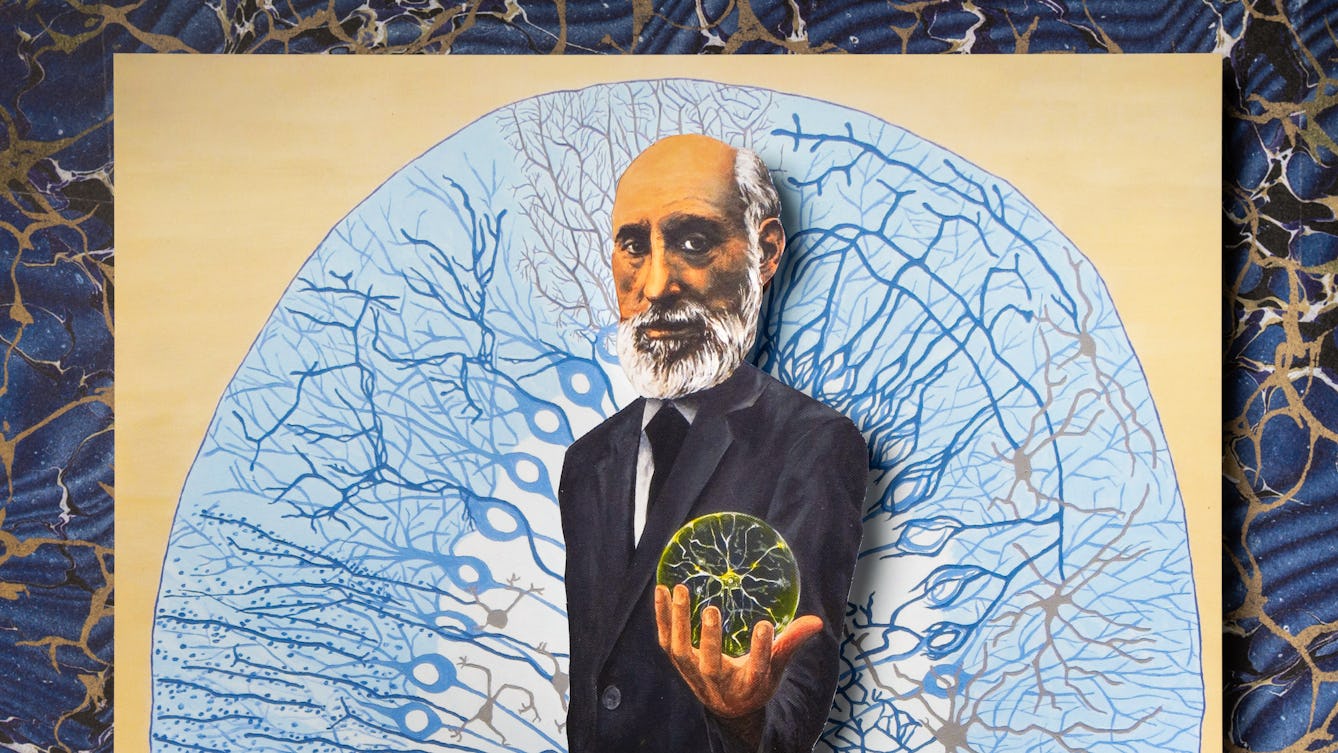
- Book extract
- Book extract
The shape of thought
Santiago Ramón y Cajal’s description of the moment in 1887 when he saw a brain cell for the first time never fails to move neuroscientist Richard Wingate to tears. Here he captures that enduring sense of wonder.
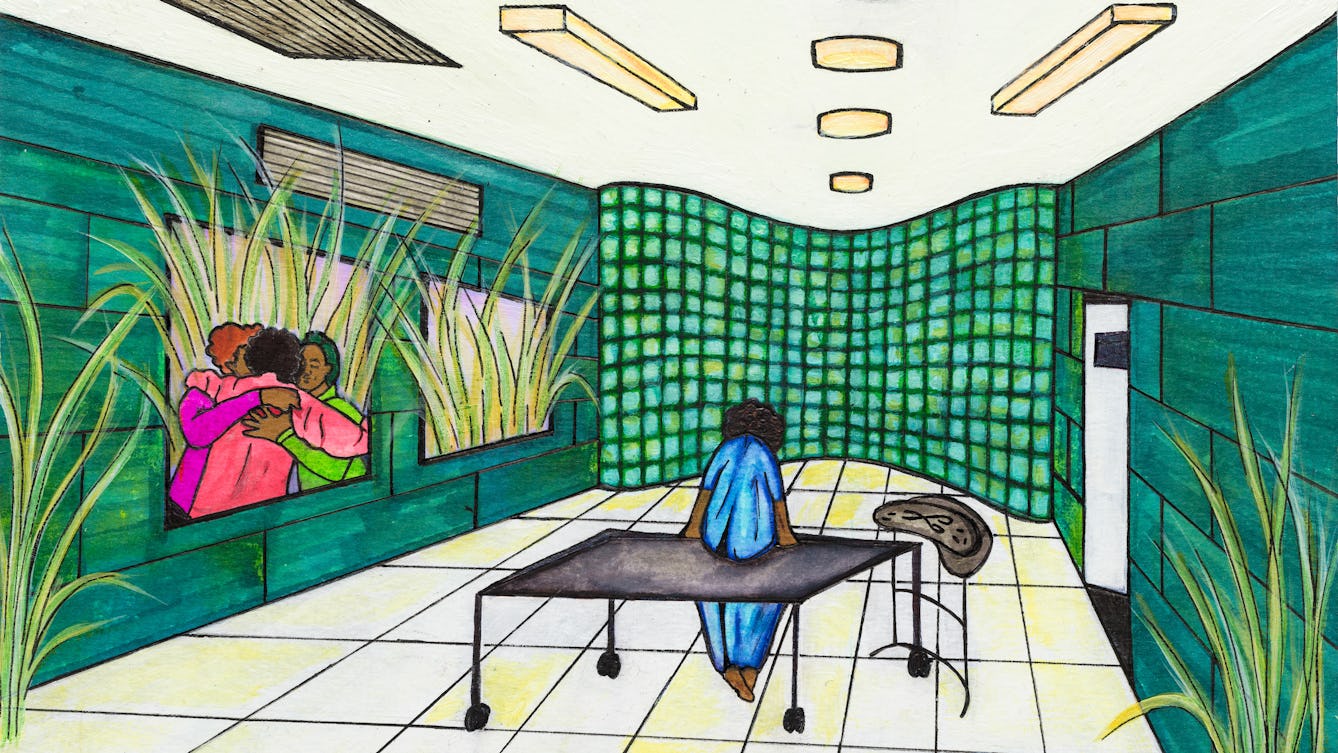
- Article
- Article
What Black women do when the NHS fails them
Sabrina-Maria Anderson explores misogynoir – hatred of Black women – within the NHS, and how women like her are consequently turning to other sources of medical support.

- Article
- Article
WhatsApp aunties and the spread of fake news
The advantages of WhatApp chat groups – especially as a cost-free way of keeping in touch with family around the world – make them fertile ground for the spread of bogus medical advice. Writer Rianna Walcott explores how to encourage ‘aunties’ in the community to question the truth of unattributed health hoaxes.

- Article
- Article
How electromagnetic therapy inspired me
Poet Sarah James explores how repetitive transcranial magnetic stimulation treated her depression and influenced her art.